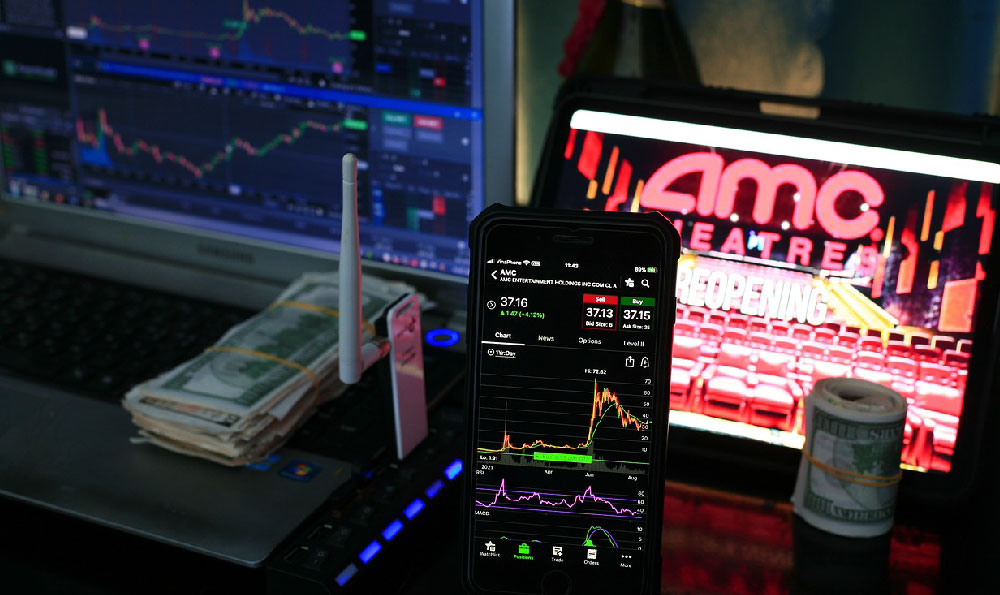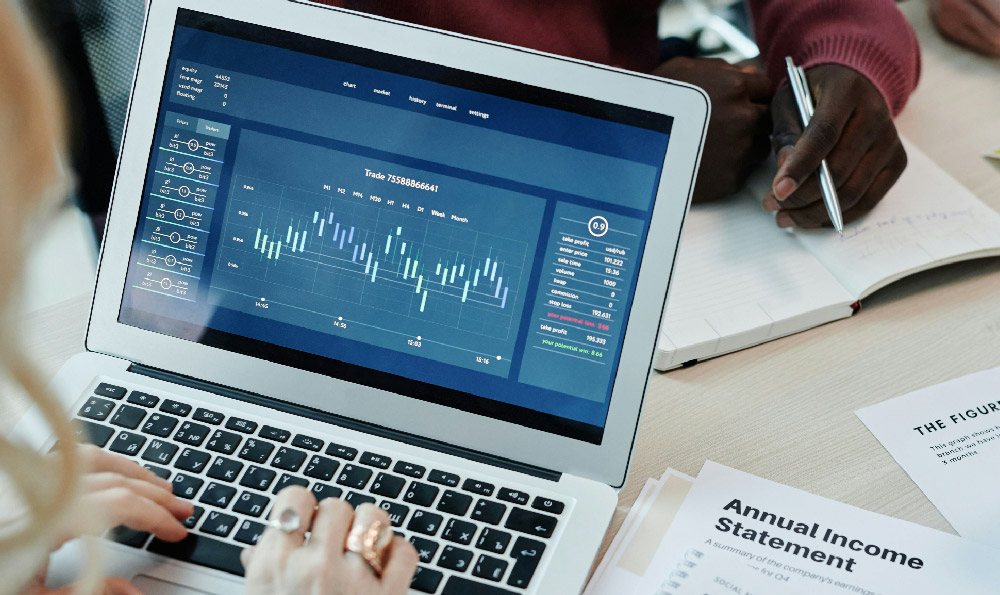George Soros, a name synonymous with both immense wealth and controversial financial maneuvers, built his fortune through a combination of astute market analysis, a deep understanding of global macroeconomics, and a willingness to take calculated risks. His journey from a refugee of Nazi-occupied Hungary to one of the world's most influential investors is a testament to his intelligence, resilience, and unwavering belief in his own judgment.
Soros's primary vehicle for wealth creation has been Quantum Fund, a hedge fund he founded in 1970 with a relatively modest $12 million. While initially focused on arbitrage opportunities, the fund quickly evolved to adopt a global macroeconomic investment strategy. This approach, pioneered by Soros, involves identifying macroeconomic trends, anticipating their impact on global markets, and then taking large, highly leveraged positions to profit from the resulting price movements.
A key element of Soros's success lies in his understanding of reflexive processes in markets. Reflexivity, as he defined it, describes a feedback loop where investor perceptions influence the fundamental conditions of the market, and in turn, these altered fundamentals further shape investor perceptions. This creates a self-reinforcing cycle that can lead to dramatic price swings, which Soros sought to exploit. He wasn't just looking at intrinsic value; he was also trying to anticipate how market sentiment would react to and amplify certain economic or political developments.

One of the earliest and most significant drivers of Quantum Fund's growth was Soros's prescient bets on currencies. During the 1970s, he correctly predicted the weakness of the British pound and the strength of the German mark, generating substantial profits by taking short positions in the pound and long positions in the mark. This demonstrated his ability to identify imbalances in global economies and capitalize on them before others.
However, it was his 1992 bet against the British pound that cemented his reputation and earned him the moniker "the man who broke the Bank of England." At the time, the pound was part of the European Exchange Rate Mechanism (ERM), designed to stabilize European currencies. Soros believed the pound was overvalued and that the British government lacked the resolve to maintain its peg to the German mark. He amassed a massive short position in the pound, estimated to be worth over $10 billion, betting that it would be forced to devalue.
His analysis proved correct. Faced with relentless selling pressure, the British government was ultimately forced to withdraw the pound from the ERM, resulting in a significant devaluation. Quantum Fund reportedly made over $1 billion in profit from this single trade, catapulting Soros to international fame and demonstrating the immense power of his global macroeconomic investment strategy.
Beyond currency speculation, Soros also made significant profits through investments in equities, bonds, and commodities. He was an early adopter of technology stocks, recognizing the potential of the internet boom in the 1990s. He also invested in undervalued assets and companies undergoing restructuring, seeking to profit from their eventual turnaround. His approach was always driven by a top-down view of the global economy, identifying sectors and countries that were poised for growth or decline.
Soros's investment philosophy is not without its critics. He has been accused of destabilizing economies and profiting from the misfortunes of others. His detractors argue that his large, leveraged bets can create self-fulfilling prophecies, exacerbating market volatility and harming ordinary citizens. However, Soros has always maintained that he is simply acting in accordance with market principles and that governments are ultimately responsible for maintaining economic stability. He often points out that he identifies existing vulnerabilities and merely accelerates the inevitable correction.
Moreover, Soros has dedicated a significant portion of his wealth to philanthropic causes through his Open Society Foundations. These foundations support a wide range of initiatives promoting democracy, human rights, and social justice around the world. His philanthropy is often seen as an attempt to mitigate the negative consequences of globalization and promote a more equitable and just world order.
Looking at the specifics of Soros's approach, several key principles emerge:
- Thorough Research and Analysis: Soros's investment decisions are based on rigorous research and analysis of macroeconomic trends, political developments, and market fundamentals. He employs a team of highly skilled analysts to gather information and develop investment strategies.
- Risk Management: While Soros is known for taking large, leveraged positions, he is also careful to manage risk. He uses sophisticated risk management techniques to limit potential losses and protect his capital. He is also known for being willing to cut losses quickly, admitting mistakes and moving on.
- Independent Thinking: Soros is not afraid to go against the crowd. He relies on his own judgment and is willing to take contrarian positions when he believes the market is wrong.
- Flexibility and Adaptability: Soros is constantly adapting his investment strategies to changing market conditions. He is not tied to any particular asset class or investment style and is willing to move quickly to capitalize on new opportunities.
- Understanding of Human Psychology: Soros recognizes the role of human psychology in driving market movements. He understands that investor sentiment can be irrational and that markets can be prone to booms and busts.
In conclusion, George Soros made his money through a combination of astute market analysis, a deep understanding of global macroeconomics, a willingness to take calculated risks, and a commitment to independent thinking. His success is a testament to his intellectual brilliance, his unwavering belief in his own judgment, and his ability to identify and exploit opportunities in a constantly changing world. His legacy extends beyond his financial achievements, encompassing his philanthropic efforts and his contributions to our understanding of market dynamics. He serves as a reminder that informed risk-taking, coupled with a strong ethical compass, can lead to both immense wealth and a lasting impact on the world.











